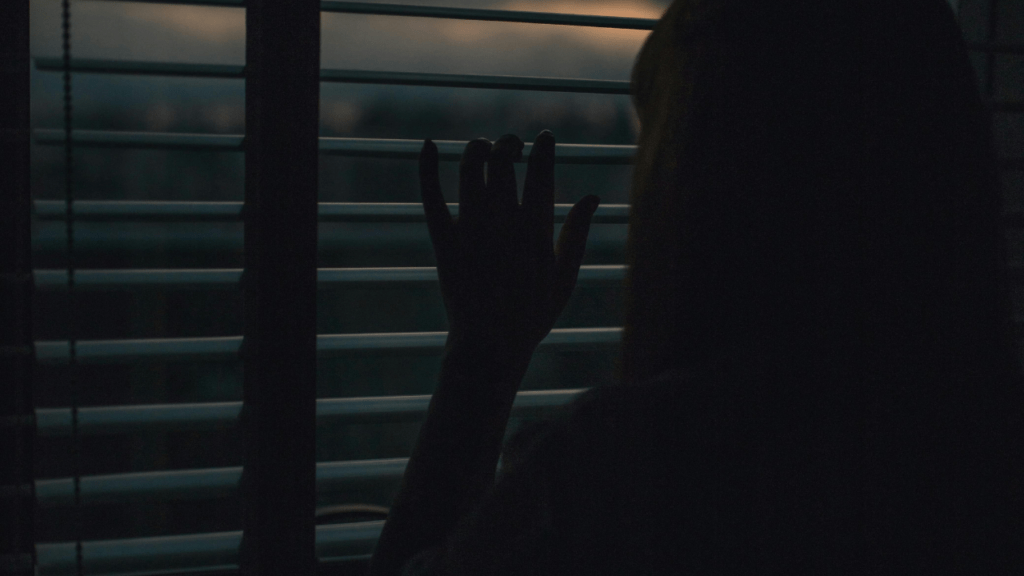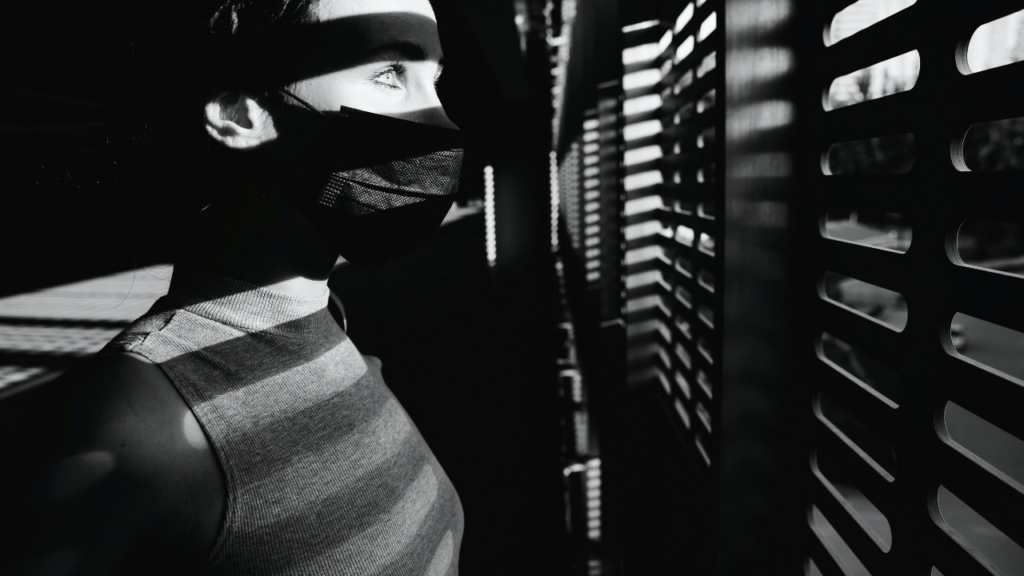Schizoaffective disorder is a complex mental health condition that combines features of schizophrenia and mood disorders. This challenging diagnosis requires a nuanced, multifaceted approach to treatment. In this comprehensive guide, we’ll explore the intricacies of schizoaffective disorder and the most effective strategies for managing this condition.
Understanding Schizoaffective Disorder
Schizoaffective disorder is characterized by a combination of schizophrenia symptoms (such as hallucinations or delusions) and mood disorder symptoms (either bipolar disorder or depression). To receive this diagnosis, an individual must experience:
- Major mood episodes (depressive or manic) concurrently with symptoms of schizophrenia
- Delusions or hallucinations for two or more weeks in the absence of a major mood episode
- Symptoms that meet criteria for a major mood episode for the majority of the total duration of the illness

Challenges in Diagnosing Schizoaffective Disorder
Accurately diagnosing schizoaffective disorder can be challenging due to its overlap with other conditions:
- Symptoms can be similar to schizophrenia, bipolar disorder, or major depressive disorder with psychotic features
- The presentation of symptoms can change over time
- Substance use can mimic or exacerbate symptoms
Given these challenges, a comprehensive evaluation by a qualified mental health professional is crucial for accurate diagnosis and effective treatment planning.
Current Treatment Approaches
Treatment for schizoaffective disorder typically involves a combination of approaches:
1. Medication
Pharmacological interventions often form the cornerstone of treatment:
- Antipsychotics: To manage hallucinations, delusions, and disorganized thinking
- Mood stabilizers: To help control manic episodes in bipolar type schizoaffective disorder
- Antidepressants: May be used to treat depressive symptoms
2. Psychotherapy
Various forms of psychotherapy can be beneficial:
- Cognitive Behavioral Therapy (CBT): Helps individuals identify and change negative thought patterns and behaviors
- Family-Focused Therapy: Educates family members about the disorder and improves family communication and problem-solving
- Social Skills Training: Assists in improving social interactions and functioning in daily life
3. Lifestyle Interventions
Lifestyle changes can significantly impact symptom management:
- Establishing a regular sleep schedule
- Engaging in regular physical exercise
- Practicing stress-reduction techniques like mindfulness or meditation
- Avoiding alcohol and illicit drugs
Integrated Treatment for Co-occurring Substance Use Disorders
Many individuals with schizoaffective disorder also struggle with substance use disorders. Integrated treatment addressing both conditions simultaneously is crucial for effective recovery. This approach may include:
- Specialized dual diagnosis programs
- Motivational interviewing to enhance engagement in treatment
- Cognitive Behavioral Therapy for both mental health and substance use issues
- Peer support groups that address both conditions
Long-term Management and Relapse Prevention
Managing schizoaffective disorder is a long-term process. Strategies for ongoing management include:
- Consistent medication management and adherence
- Regular check-ins with mental health professionals
- Development of a relapse prevention plan
- Engagement in ongoing therapy or support groups
- Maintaining a structured daily routine
Support for Families and Caregivers
Supporting a loved one with schizoaffective disorder can be challenging. Resources for families and caregivers include:
- Family psychoeducation programs
- Support groups for families dealing with mental illness
- Respite care services
- Individual therapy for caregivers to manage stress and emotional challenges
Destination Hope’s Approach to Schizoaffective Disorder Treatment
At Destination Hope, we recognize the complexity of schizoaffective disorder, particularly when it co-occurs with substance use disorders. Our dual diagnosis program offers comprehensive, individualized treatment that addresses all aspects of a person’s mental health and substance use challenges.
Our approach includes:
- Thorough Assessment: We conduct comprehensive evaluations to ensure accurate diagnosis and treatment planning
- Integrated Treatment: Our programs address both schizoaffective disorder and substance use disorders concurrently
- Evidence-Based Therapies: We utilize proven therapies like CBT, DBT, and motivational interviewing
- Medication Management: Our psychiatrists provide expert medication management tailored to each individual’s needs
- Holistic Approaches: We incorporate wellness activities like yoga and mindfulness to support overall recovery
- Family Involvement: We offer family therapy and education to build a strong support system
- Aftercare Planning: We develop comprehensive aftercare plans to support long-term recovery and relapse prevention
Our goal is to provide a supportive, understanding environment where individuals can gain the skills and insights needed to manage their symptoms effectively and build fulfilling lives.
Take the First Step Towards Recovery
Living with schizoaffective disorder can be challenging, but with the right treatment and support, individuals can achieve stability and improved quality of life. If you or a loved one is struggling with schizoaffective disorder, especially alongside substance use issues, know that help is available.
At Destination Hope, we’re committed to providing compassionate, comprehensive care tailored to your unique needs. Our experienced team is ready to guide you on your journey to recovery.
Don’t let schizoaffective disorder control your life. Call us today at 954-302-4269 to learn more about our programs and how we can support your path to wellness.

